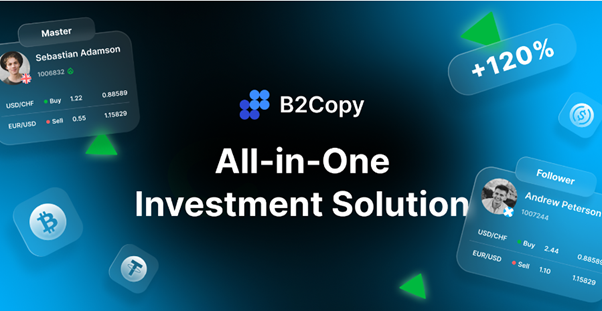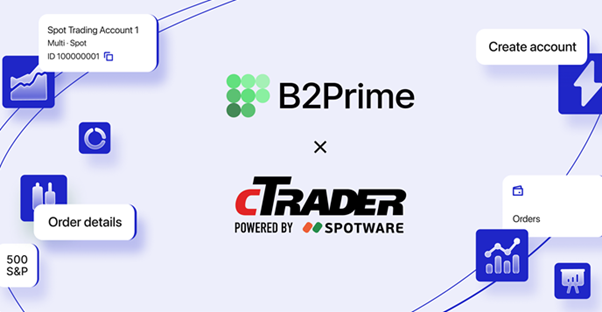Explore History at Casa de Colón: The 1492 Governor’s Residence and Christopher Columbus Museum in Gran Canaria
The Casa de Colón stands on the site of the former...
Key Strategies to Safeguard Against Retirement Scams
Retirement is supposed to be a time of well-deserved...
B2Copy New Update – Taking Copy Trading to a New Perspective
The Insight Partners reported that the copy trading market...
Why The Pirate Queen: A Forgotten Legend is a Landmark in VR Gaming
The Pirate Queen: A Forgotten Legend, featuring Lucy Liu,...
Champions League Titans: The Most Successful Teams in History
The UEFA Champions League, Europe’s premier club football...
Jamie Ritblat: Responsible Investment
Delancey Real Estate founder Jamie Ritblat recognises all...
Unlocking Financial Empowerment: Inside the Phenomenon of Queensway Trading Academy
In today’s complex financial landscape, characterized...
B2Prime and cTrader Expand Trading Opportunities with a New Partnership
B2Prime, a leading global multi-asset and multi-market...
Financial Aspects of Clinical Trials: Funding and Costs
Clinical trials are vital for advancing medical knowledge...
The Future of Fintech: How Technology is Transforming Financial Services
The fintech industry is undergoing a dramatic...











 Bitcoin
Bitcoin  Ethereum
Ethereum  Tether
Tether  XRP
XRP  USDC
USDC  Solana
Solana  TRON
TRON  Lido Staked Ether
Lido Staked Ether  Cardano
Cardano  Avalanche
Avalanche  Toncoin
Toncoin